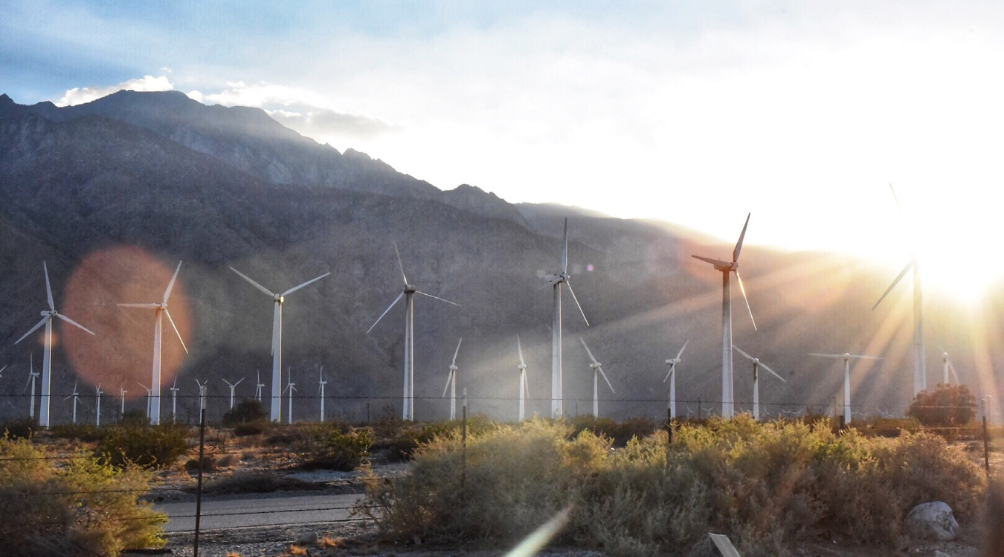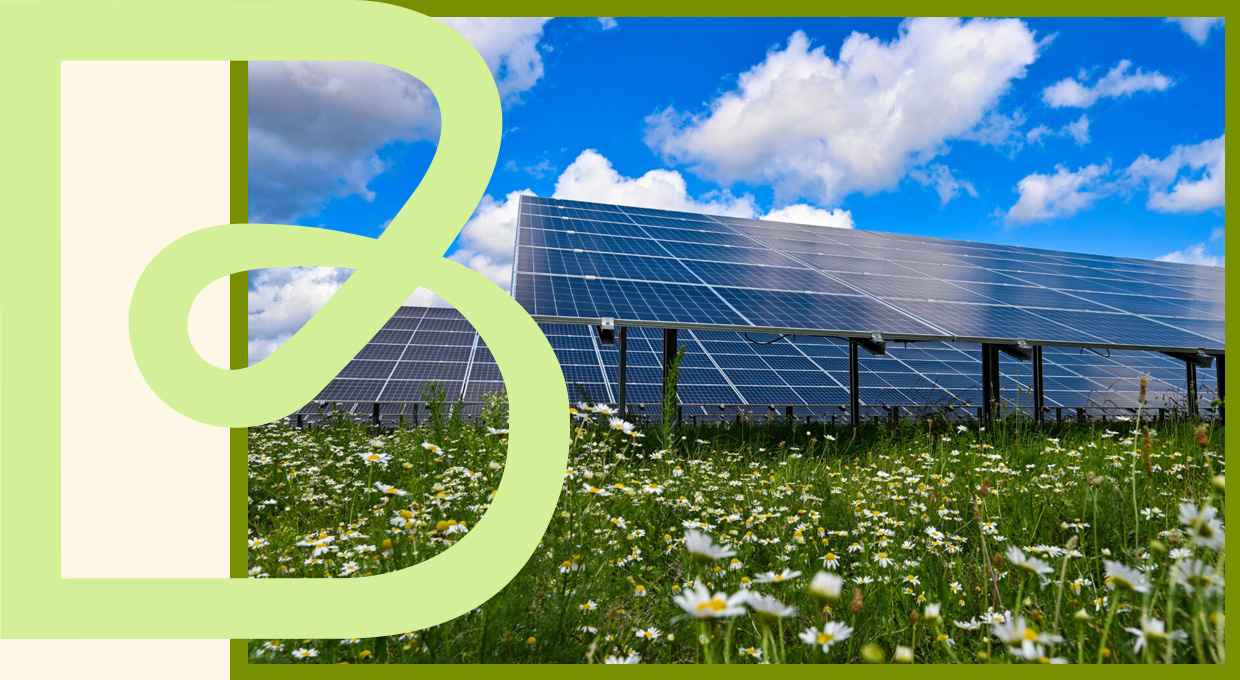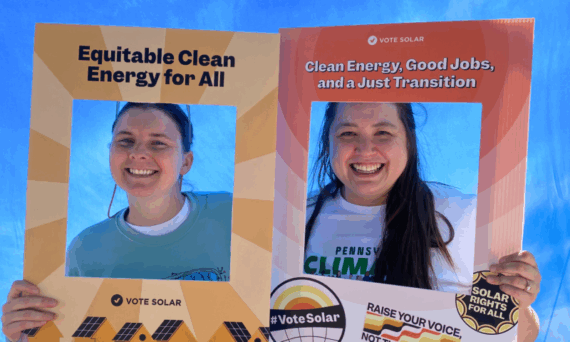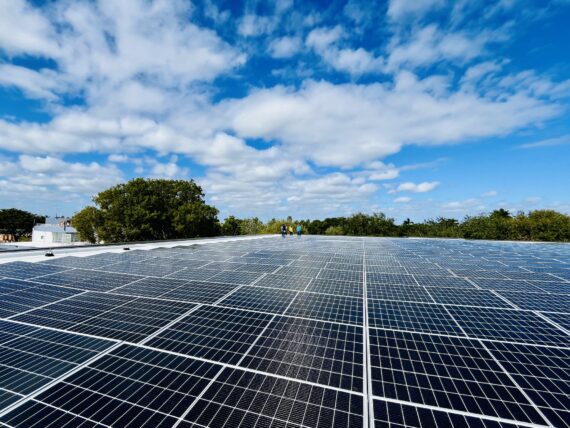Powering the West: A Vision for Energy Freedom

Western Energy Freedom Association’s mission is to enable the delivery of low-cost electricity and energy freedom to the Western U.S. states through an efficient and integrated grid system. It represents a broad coalition of large commercial and industrial customers working with key stakeholders to promote the benefits of a more affordable, reliable and cleaner energy future made possible through a Western Regional Transmission Organization (RTO).
Understanding Regional Transmission Organizations (RTOs)
RTOs are independent organizations that operate electricity systems in a given state or region. This includes operating wholesale energy markets, where electricity is bought and sold, and operating and planning transmission systems, which are the wires that transport electricity. Most of the U.S. power sector participates in an RTO, with the exception of utilities in the Southeast and the West.
The Urgency for a West-Wide Market
As pressure on the power grid increases, there is new interest in creating regional power markets in the West, including interest in an RTO.
Western Energy Freedom Association is working to support this goal. This includes leadership in the West-Wide Governance Pathways Initiative (Pathways Initiative), an effort led by a group of stakeholders from across the Western Interconnection, which includes Arizona, California, Colorado, Idaho, Montana, New Mexico, Nevada, Oregon, Utah, Washington and Wyoming. The goal is to create a new entity with an independent governance structure capable of offering an expansive suite of West-wide wholesale electricity market functions across the largest possible area.
Q&A with Kathleen Staks, Executive Director of Western Energy Freedom Association
The Arthur M. Blank Family Foundation recently participated in an educational Q&A with Kathleen Staks, executive director of Western Energy Freedom Association, to learn more about the organization and its work related to RTOs and the Pathways Initiative.
Q: Can you tell me more about the Western Energy Freedom Association and its mission to enable low-cost electricity and energy freedom in the West?
A: The Western Energy Freedom Association is an organization that works with a wide range of groups across the West to enhance collaboration and coordination within the electricity sector. This ultimately leads to significant affordability, reliability and climate benefits. When you operate a transmission system efficiently across a larger footprint, it allows you to move resources over a broader area. This lowers costs, increases system reliability by building in redundancies and provides access to a wider range of energy sources.
We focus on relationship-building and trust among various groups in the West. One of the key aspects of our work is ensuring that this issue remains as non-political as possible. People need electricity, they need it to be affordable, and in some areas, climate goals are also critical. We aim to keep this issue focused on the common good and avoid the divisiveness of politics. We work with utilities, regulators, NGOs, developers, customers and others to move toward that goal.
Q: Why is an RTO important for the Western energy landscape?
A: An RTO is an entity that manages the transmission grid for a whole region. Currently, each utility or balancing authority in the West is responsible for meeting the demands of its own system. These utilities essentially operate in their own silos. What an RTO does is consolidate the control over the transmission system across the region. Utilities still ensure their customers get the power they need, but the RTO acts as an air traffic controller for the grid. It makes the system more efficient, allowing electricity to move across a much broader area.
Q: What key challenges is the Pathways Initiative addressing to create a West-wide market?
A: One of the biggest challenges is that the West has been slower than other parts of the country in developing RTOs and independent system operators (ISOs). While other regions were forming these organizations, the West wasn’t quite ready. As a result, progress in energy market development here has been incremental. One of the early steps we’ve taken is the real-time market, where utilities can sell excess energy in five-minute increments. Now, the conversation is shifting toward a “day-ahead” market, which involves more advanced planning for energy needs.
Q: Once you achieve this vision, how will it benefit energy customers, both large and small, in the West?
A: Study after study shows that the larger the footprint of a transmission system, the greater the economic, reliability and climate benefits. A larger footprint allows for more diversity of energy resources, and you can plan and build infrastructure more efficiently. It also enables utilities to rely on their neighbors to meet some of their energy goals, which will be crucial given the increasing energy demand, whether from transportation electrification, AI, data centers or manufacturing. This coordination will keep costs down for customers while ensuring reliability.
Q: How have you built trust and common ground among groups with differing energy priorities?
A: Through the Pathways Initiative, one of our core principles is protecting the public interest, which we define in two ways: affordability and reliability for consumers and respecting each state’s right to set and achieve its own energy policies. This framework ensures that no one state’s policies are imposed on another. We’ve incorporated checks and balances into our recommendations to ensure that everyone’s priorities are respected, and we’ve made sure that the market isn’t favoring any one type of energy generation over another.
The West has such a diversity of energy resources, from traditional to innovative new technologies like geothermal and nuclear. We’ve focused on finding common ground, respecting individual state policies and maintaining flexibility for everyone to participate.
Q: How does feedback from stakeholders shape Western Energy Freedom Association’s approach?
A: When we first launched, we aimed to establish an RTO as quickly as possible. But we soon realized that Western entities prefer a more incremental approach, so we adjusted our strategy. Instead of pushing for big leaps, we’re helping to take significant but manageable steps, like expanding the day-ahead market. This method builds comfort and trust while demonstrating the benefits of progress. Our relationships and ability to adjust our approach have helped us become a trusted partner for various stakeholders.
Q: With the next 12 months being critical for utilities deciding on market participation, how do you envision Western Energy Freedom Association’s work influencing the momentum of regional market integration?
A: In the coming months, the Pathways Initiative will release its recommendation, and we will continue to bring the economic benefits to the forefront of the conversation, ensuring utilities understand how their decisions impact customers. Western Energy Freedom Association has been successful in identifying gaps and filling them. We’re adaptable and ready to step in whenever opportunities arise, whether it’s through direct engagement or bringing in the right partners for the moment.
Q: How does the Western Energy Freedom Association ensure the development of Western electricity markets aligns with cleaner, more affordable energy?
A: We are enabling a broad range of voices in this conversation and building new partnerships that haven’t existed before. This collaboration allows for greater access to affordable, reliable and clean energy resources because more entities are participating. It’s also being done more efficiently and responsibly, which is critical for the future.
In 2024, the Arthur M. Blank Family Foundation granted $300,000 to Western Energy Freedom Association to support its near-term work to advance Western electricity markets. This includes a focus on supporting day-ahead market adoption by Western utilities and advancing the work of the Pathways Initiative. This grant aligns with the foundation’s Energy strategy and the focus on power sector competition as a mechanism for accelerating the deployment of clean energy in the West.
Stay Connected
Stay up to date with stories of impact, grants in your neighborhood and other interesting foundation news.
By submitting this form, you are consenting to receive marketing emails from: Arthur M. Blank Family Foundation. You can revoke your consent to receive emails at any time by using the SafeUnsubscribe® link, found at the bottom of every email. Emails are serviced by Constant Contact















